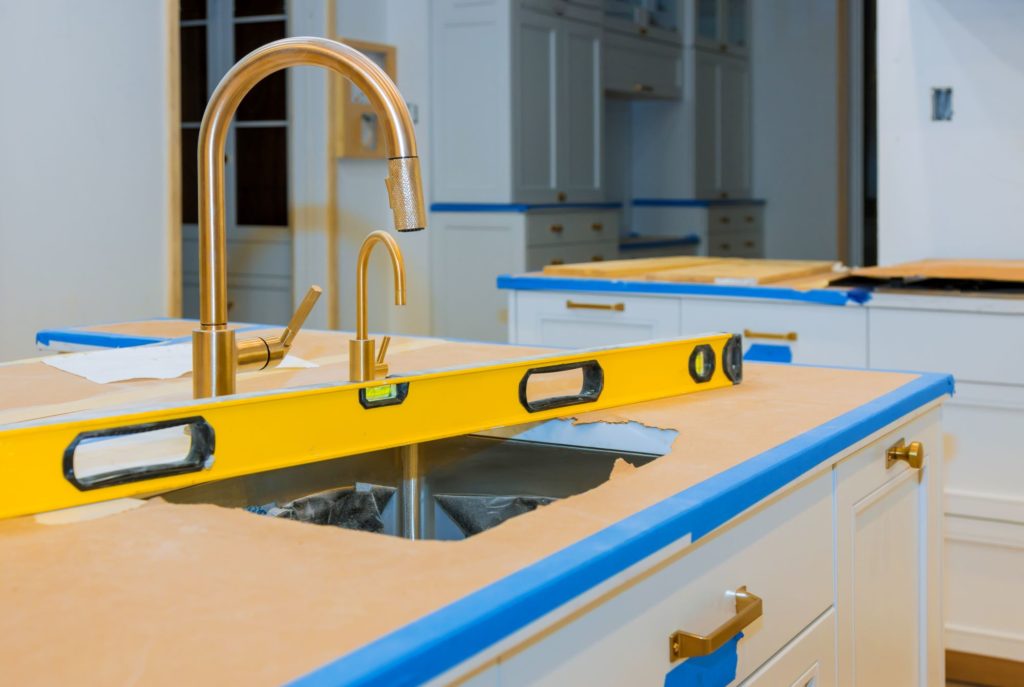Renovating your home can be an exciting adventure, but without a clear plan, it can quickly become overwhelming. Whether you’ve just bought a new house, you’re preparing to sell your current house, or you’re simply looking to improve your living space, prioritizing your renovation projects can be crucial. Here’s a basic guide to help you focus your efforts and budget.
1. Structural and Safety Issues
Before any aesthetic projects, consider the structural integrity of your home. This includes fixing any issues with the roof, foundation, walls, and other structural components. Making sure your home is safe should always be the top priority. These structural updates are not only important for the safety of its occupants, but also for the longevity of the property.
2. Heating and Cooling Systems
Updating or repairing heating, ventilation, and air conditioning (HVAC) systems can improve comfort and energy efficiency. Checking the insulation and windows can also help keep your home’s temperature regulated and reduce utility bills.
3. Plumbing and Electrical Systems
Old or faulty plumbing and electrical systems can cause significant problems if they fail. Updating these systems can prevent disastrous issues down the line—such as water damage or fire.

4. Kitchen and Bathrooms
Kitchens and bathrooms often see the most use and can influence a home’s resale value. Updating kitchens and bathrooms can be costly, but they are often worth the investment. Even minor renovations, like replacing fixtures or painting, can change the overall feel of the room and offer substantial returns if you’re selling.
5. Flooring
Replacing or restoring old or worn flooring can transform the look of your home. Consider durable materials that will withstand traffic over time.
6. Energy Efficiency
Making updates to improve your home’s energy efficiency is both good for the environment and for your wallet. This can include upgrading your appliances, installing energy-efficient windows, or adding solar panels. These improvements can be initially costly, but the long-term savings can be worth it.
7. Aesthetic and Cosmetic Upgrades
Once the essentials are handled, consider making cosmetic upgrades that can improve your day-to-day life and enjoyment of your home. Paint, light fixtures, crown molding, and landscaping are relatively inexpensive projects that can make a big difference in the appearance and appeal of your home.
8. Outdoor Spaces
Updating outdoor living areas such as decks, patios, or gardens can extend your usable living space. These areas offer enjoyment for you and your family as well as add attractive features for future buyers.
Whether you’re tackling major structural changes or just making cosmetic upgrades, knowing how to prioritize your home renovation projects can help you stay organized and succeed. Contact local contractors in your neighborhood today to get started!